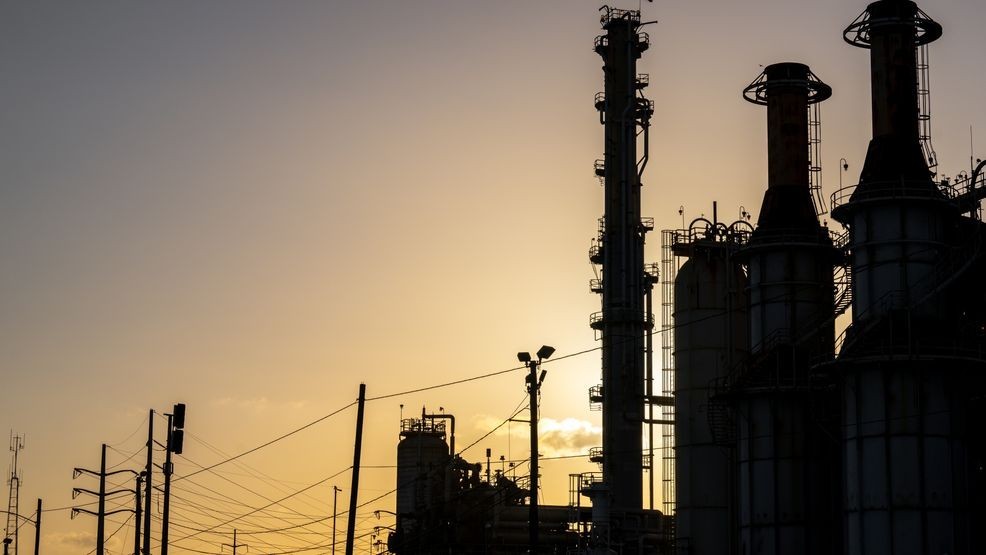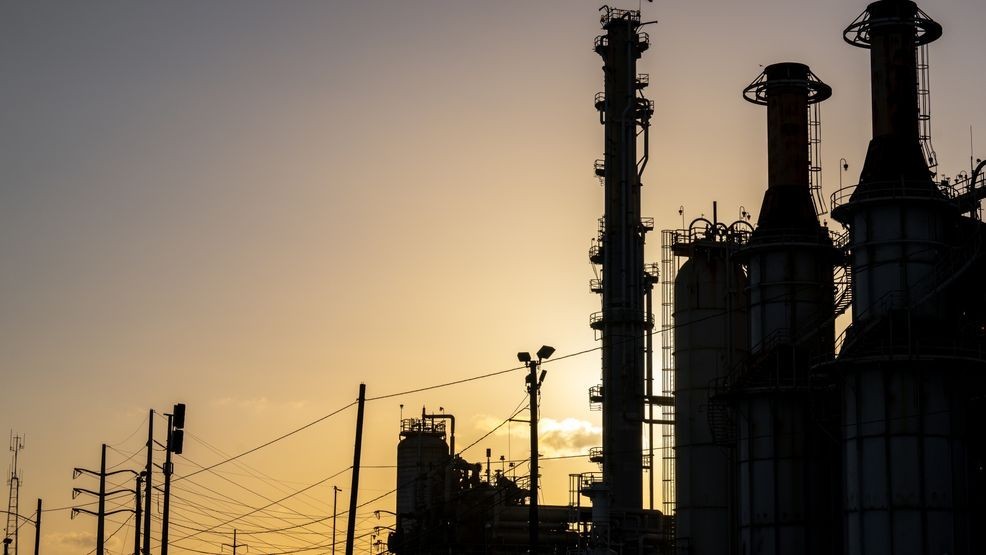By:Kenneth Appiah Bani
In a dramatic escalation of tensions in the Gulf region, the Iranian Parliament has voted in favour of closing the Strait of Hormuz, a critical global energy transit route, following U.S. military strikes on Iran’s nuclear facilities.
Esmaeil Kowsari, a senior lawmaker and member of the Iranian Parliament’s National Security and Foreign Policy Committee, announced on Sunday that lawmakers had reached consensus on shutting the strait. However, the final decision lies with the country’s Supreme National Security Council.
“The parliament has come to the conclusion that it should close the Hormuz Strait, but the final decision lies with the Supreme National Security Council,” Kowsari said.
The Strait of Hormuz, located at the mouth of the Persian Gulf, serves as a crucial passage for global energy supply, with around 20 percent of the world’s oil an estimated 17 to 18 million barrels per day flowing through it. It is also a major route for liquefied natural gas (LNG), particularly from Qatar.
Iran’s move follows U.S. airstrikes earlier on Sunday targeting key Iranian nuclear sites, including the Fordo facility. The strikes, authorized by President Donald Trump, were described by Washington as a “spectacular military success.” Tehran, however, condemned the attack, calling it an unprovoked act of aggression on its peaceful nuclear programme.
Experts have long warned that any closure of the strait could have devastating implications for the global economy. The waterway connects the Persian Gulf to the Arabian Sea and is surrounded by several major oil producers, including Iran, Saudi Arabia, Iraq, Kuwait, and the United Arab Emirates.
Strategists have raised alarms that shutting down the Strait of Hormuz could send oil prices skyrocketing and disrupt energy supplies worldwide. Some forecasts suggest crude prices could surge by as much as 80 percent in the first week of a closure.
Energy analysts also warn that multinational companies heavily reliant on oil and gas could be forced to scale back or halt operations within days due to supply shortages.
As the region braces for further fallout, the international community watches closely, aware that a decision by Iran’s top security council to close the strait could unleash a global energy crisis with far-reaching economic and political consequences.







